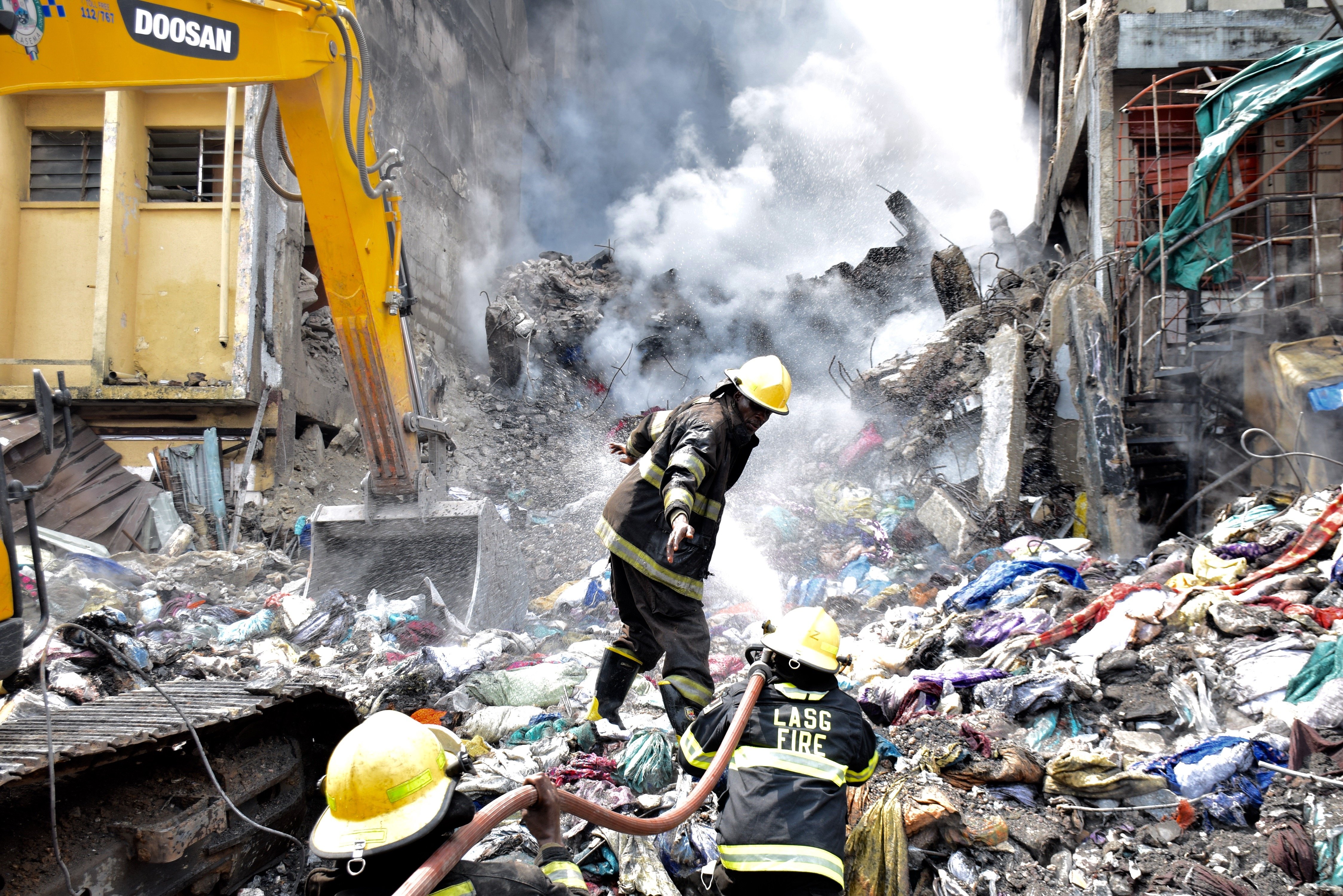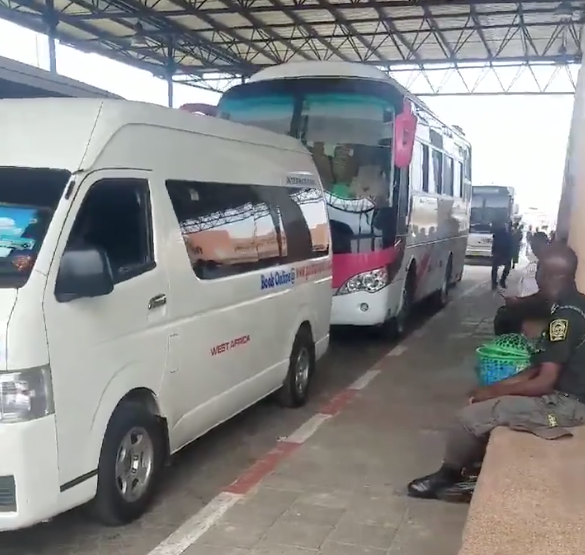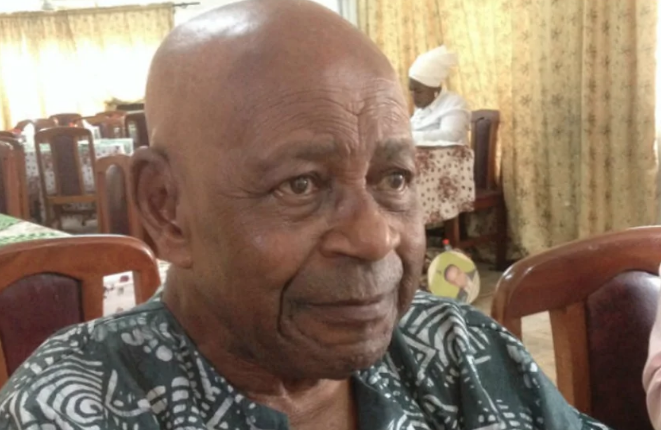The day was Tuesday, 5th November 2019. I woke up at 5:30am in a different time zone. As is characteristic of me these days, I start my day with a generous dose of comedy served by Seth Meyers, Jimmy Kimmel, Jimmy Fallon, Trevor Noah and James Corden.
After a couple of short hilarious YouTube videos from the comedians giving their own spin to trending global issues, at 6 o’clock, I switch over to Channels News to catch the first fifteen minutes of News Track. That way, I’m reasonably informed of things happening in my two worlds and not feel distant.
That day turned out to be quite eventful in Nigeria as the news presenters moved from one bad news to another. Across the country, it felt like there was a total collapse of systems and nothing was going right for government or the people.
The first item on the news was a report about the fire incident at Balogun Market in Lagos that destroyed goods worth millions of naira. As I watched, I thought to myself, this was one fire too many, because only a couple of days before I saw in the news, a report about a similar incident in a popular market in Onitsha. As the inferno raged and helpless traders bemoaned their loss, government officials mouthed their usual rhetoric about investigative panels and whatnot.
Advertisement
The controversial tweet from British columnist, Katie Hopkins, lampooning Nigerian fire-fighters may have riled a number of Nigerians, but at the end of the day it really isn’t about who has a better fire service but the lessons learnt. That is what I think. Come to think of it, when was the last time we were told eventually the cause or causes of these fires, the prevention mechanisms put in place to forestall a repeat and the amount of insurance and aid paid out to victims?
The next story on the news was about a building collapse in Ebonyi state. The unfortunate and certainly preventable incident took the lives of three siblings and sent their mother and her only surviving son to the hospital. Again, one building collapse too many, it’s like we never learn. Officials come on air and rant about substandard building materials, non-adherence to building codes and finding culprits, but that is where it ends.
It is not enough to report the news with screaming headlines; our journalists should sometimes go back and find out how some of these stories end. Was anybody punished, are standards being monitored and, again, did the victims get any compensation? Next, the newscasters took us to Kogi state where 13 students of the state-owned university in Anyigba were reportedly killed in a cult war. In that moment I thought about the lives lost and the futures truncated. I said a silent prayer for their families and loved ones because that was all I could do at the time as a person.
Advertisement
Collectively, we can mount spirited advocacies and our law enforcement agencies can up their game to put an end to this menace. Parents should parent well and the police can police better. Arresting and locking up murderers and felons is good, but preventing crime is way better.
Just when I thought the disaster report was over, one of the news presenters announced that somewhere in Ibadan, 259 people were rescued from an illegal detention centre. The report also featured clips of shallow graves and girls claiming they were impregnated by the clerics in charge of the centre.
The big question here is: how are these rehabilitation clusters able to operate for years without registration or licensing by the authorities responsible for such institutions? Does this then mean that I can wake up one morning and start a school in my parlour or operate a prison in my backyard without filing any paperwork and obtaining the approval of relevant regulatory bodies? Is this how lawless we have become?
The report on the impassable state of the Kara-Berger access of the Lagos-Ibadan expressway didn’t come to me as a surprise. When the story about the attack of the convoy of the Oba of Lagos and the Edo state governor was reported, I didn’t bat an eyelid. Neither was I surprised that somewhere in Jigawa state, fishes were dying because sea plants had overrun a particular river.
Advertisement
All these show the degradation of our values, systems and institutions. It demonstrates the lack of leadership in critical sectors where leadership is required. These seven consecutive reports of fire, death and loss can only mean one thing: there is no situational accountability, so when things go wrong no one is held responsible. It also says that Nigeria is a place where only bad things happen but this cannot be true.
Views expressed by contributors are strictly personal and not of TheCable.
Add a comment







